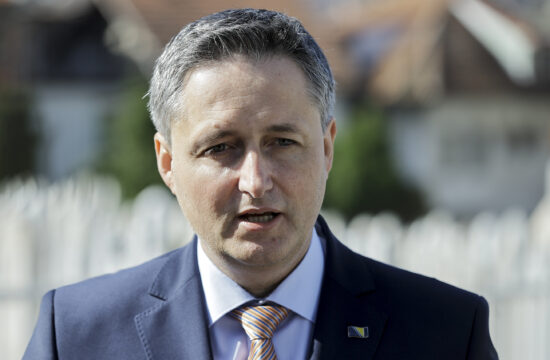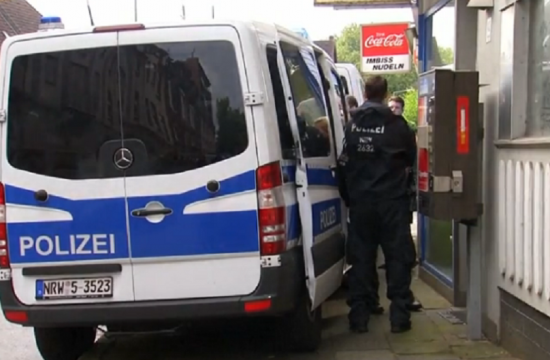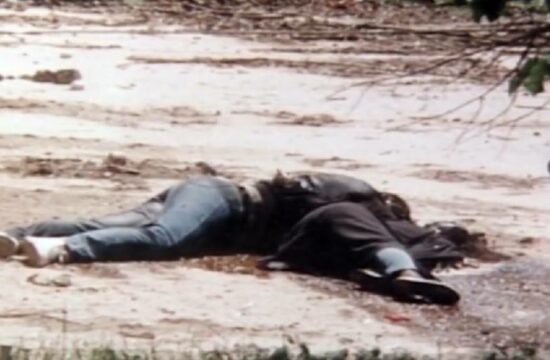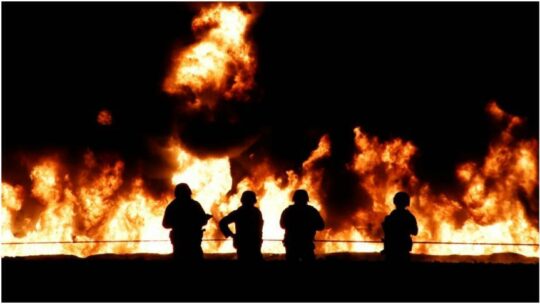
Croatian President Kolinda Grabar-Kitarovic wrote on her Twitter account that it is devastating that the Serbian authorities allow the persecutors of Vojvodina Croats to gather once more in the town of Hrtkovci, after expelling the local Croats in early May in 1992.
“It is devastating that in 2019 the Serbian authorities allow the gathering of those same persons in Hrtkovci, the byword for the suffering of the Croats in Vojvodina,” Grabar-Kitarovic tweeted on Saturday commenting the Hrtkovci convention of the Serb Radical Party (SRS) which reelected its leader, Vojislav Seselj, whom the Mechanism for Criminal Tribunals (MICT) in The Hague sentenced to 10 years in jail for expulsions and deportations of Croats from Vojvodina, Serbia.

Bosnia's Croat Presidency member also condemned the gathering saying “It is unacceptable that the Serbian authorities continue to tolerate outbursts of hatred, especially considering that crimes against Vojvodina Croats were committed in Hrtkovci.”
“Vojislav Seselj and his followers have inflicted many evils upon Croats and Bosniaks, but also upon Serbs in Bosnia and Herzegovina, and we will never remain silent to the re-advocating of hate and sowing of fear,” Komsic said.
He appealed to those responsible in Serbia to stop the rampage of those who humiliated the Serbian people by trying to destroy and humiliate others.
The SRS held its convention in Hrtkovci on Saturday, and on 6 May 1992, the then leaders and supporters of this party held a rally in the village at which Seselj read out the names of “undesirable” local Croats. In the following days, some 700 residents left the village due to pressures and threats.
There were no official reactions from Serbian authorities to demands that Saturday's SRS gathering be banned.
The SRS leader and the International Criminal Tribunal for the former Yugoslavia's convict Seselj said during the rally that the Radicals’ ideology remained unchanged, and he persisted in denying persecution of Croats from Hrtkovci.
He also demanded that Serbia introduces a penalty of life imprisonment for all those who say that war atrocities in Srebrenica amount to genocide.
Seselj said Croats were not deported but that they willingly left after they swapped their properties.
“I did not commit a crime, and I will prove it. All Croats who left Hrtkovci had swapped their property, and that is not deportation, especially not a war crime,” said Seselj.
Last year, the Appeals Chamber of the MICT, the successor to the ICTY, sentenced Seselj to ten years’ imprisonment for crimes against humanity over the inflammatory speech in Hrtkovci which it found resulted in the deportation, persecution, displacement and other inhumane acts against Vojvodina Croats.
When that final ruling was handed down, Seselj did not have to go to jail because the time he spent in detention in The Hague was credited to the sentence.




